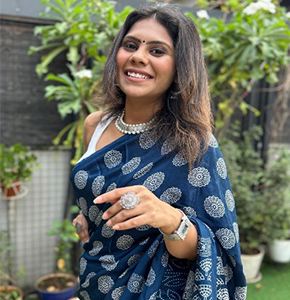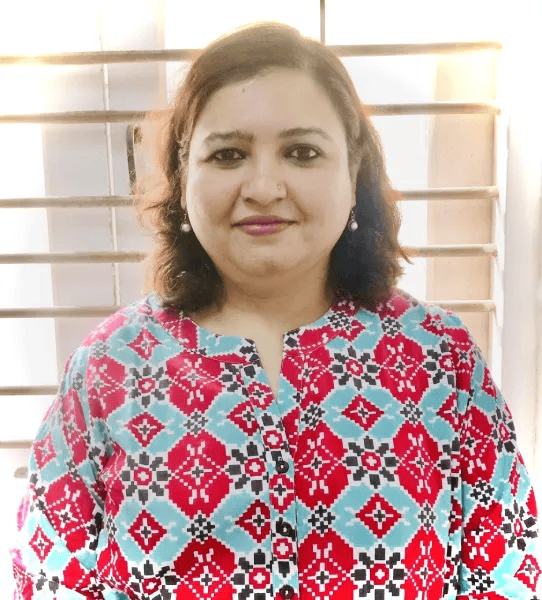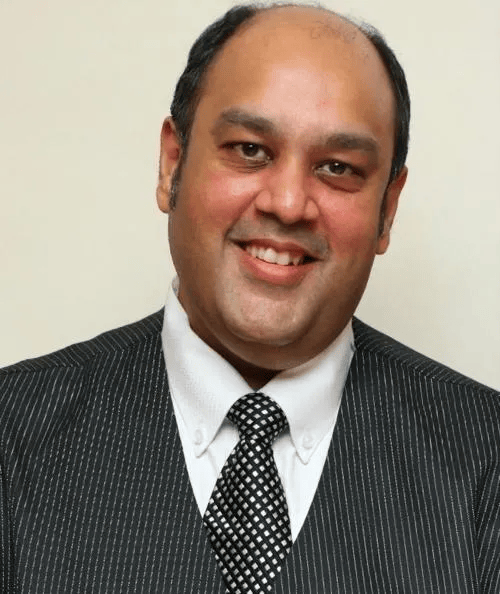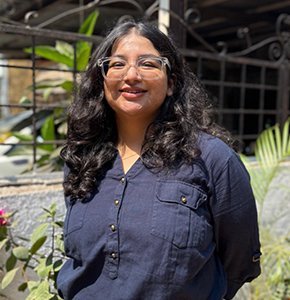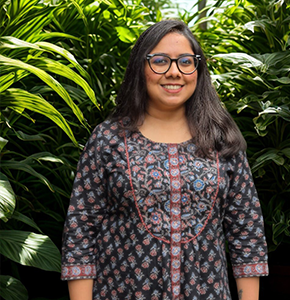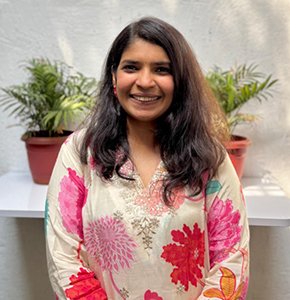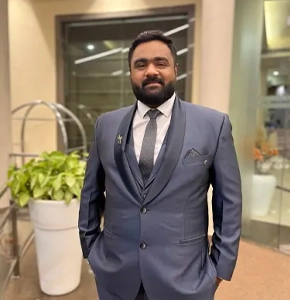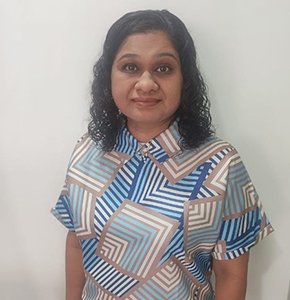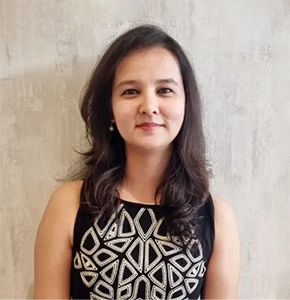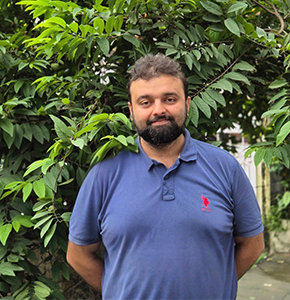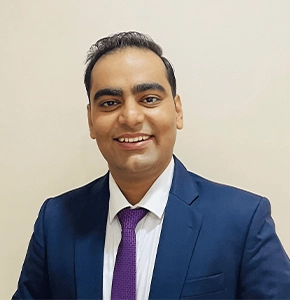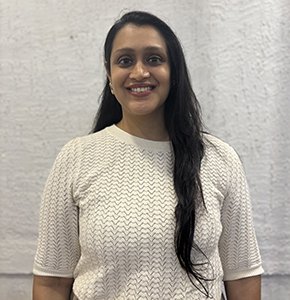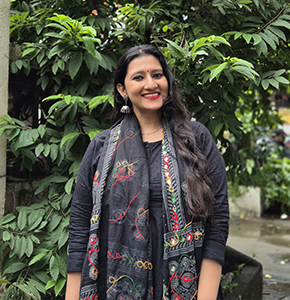ADHD
ADHD stands for Attention Deficit Hyperactivity Disorder. In simple terms, it’s a condition that affects the brain and behavior, making it difficult for individuals to focus, control impulses, and regulate their energy levels. People with ADHD often have trouble paying attention, staying still, and controlling their impulses, which can affect various aspects of their daily life, including school, work, and relationships. It’s important to note that ADHD is a medical condition, and individuals with ADHD may benefit from various forms of support, such as therapy, medication, and behavioral interventions.
As per WHO
- ADHD is estimated to affect around 5% of children
- In India, the prevalence of ADHD lies between from 1.6 to 14%.
- Prevalence is higher for boys than girls
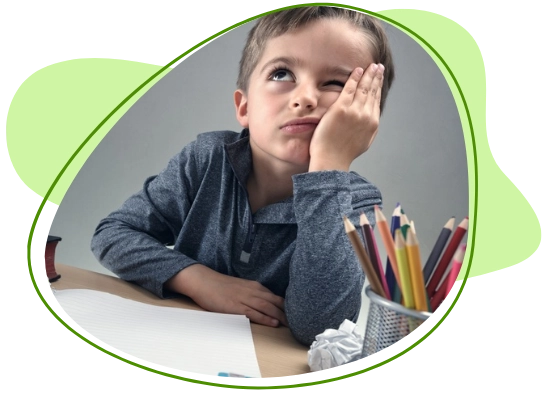
How does ADHD look like in Children?
- Make careless mistakes in schoolwork or difficulty paying close attention to details
- Have difficulty focusing on tasks or play.
- Even when spoken directly, the child appears to not listen.
- Have difficulty following instructions and failing to complete schoolwork or chores
- Having difficulty organising tasks and activities
- Avoid or dislike tasks requiring concentrated mental effort (like homework)
- Easily loses items/materials required for tasks or activities (like toys, school assignments, and pencils)
- Be easily distracted
- Forget to perform some daily activities (like daily chores)
- Fidget, tap his or her hands or feet, or squirm in his or her seat
- Have trouble staying seated in class or in other situations, where it is expected to remain seated.
- Be constantly on the move.
- Run around or climb in inappropriate places and situations
- Have difficulty to quietly play or do an activity
- Excessively talkative
- Interrupt others blurting out answers.
- Have trouble waiting for his or her turn
- Interrupt or intrude on the conversations, games, or activities.
How ADHD looks like in Adults
- Daydreaming
- Zoning out
- Impulsivity
- Difficulty in decision making
- Difficulty in Prioritizing
- Difficulty in Sustained Attention
- Fidgeting
- Always on a go
- Difficulty in starting a task
Are there any further types of ADHD?
- Inattention Type
- Impulsive/ Hyperactive Type
- Combined Type
What are the possible interventions for ADHD?
Support for ADHD often looks different for children and adults, but the goal remains the same: helping individuals manage challenges and build on their strengths. For children, interventions can focus on improving concentration, reducing impulsive reactions, strengthening social and emotional skills, and making learning easier through adapted strategies. For adults, the emphasis is often on managing stress, building effective routines, improving relationships, and enhancing self-confidence in both personal and professional life.
These interventions help by breaking down overwhelming tasks into manageable steps, teaching practical tools for organization and focus, and offering strategies to handle emotions more effectively. Over time, this support not only reduces day-to-day struggles but also empowers individuals to feel more in control of their lives, leading to greater success, independence, and overall well-being.
In Children
- Behavioral Therapy
- Psychiatry
- Occupational therapy
- Remedial Educator
In Adults
- Psychotherapy
- Psychiatry
How can a Behavioral Therapist help in ADHD?
Behavioral therapists support children with ADHD by focusing on skill development, positive reinforcement, and parent training. They help children enhance organizational skills and impulse control through structured interventions. Positive behaviors are identified and rewarded, motivating children to exhibit desired actions. Parent training involves educating parents on effective strategies, and individualized behavior plans are created to address specific challenges. Environmental modifications may also be recommended to reduce distractions and create a conducive setting for improved focus and productivity.
How can a Psychiatrist help in ADHD?
A psychiatrist contributes to the management of ADHD prescribing medications, such as stimulants or non-stimulants, to alleviate symptoms. Collaborating with individuals and families, psychiatrists develop comprehensive treatment plans that may include a combination of medication and ADHD therapy. They play a crucial role in monitoring the effects of medication, making necessary adjustments, and providing ongoing education and support. Through their expertise, psychiatrists contribute to a holistic approach in addressing the challenges associated with ADHD.
How can an Occupational Therapist help in ADHD (only in children)?
Occupational therapists aid children with ADHD by developing strategies to enhance focus, self-regulation, and organizational skills. Through sensory-based interventions, structured routines, and engaging activities, therapists help children manage impulsivity and improve attention. They collaborate with parents and educators to create supportive environments, fostering the development of essential life skills. Occupational therapy contributes to improved academic performance and social interactions, empowering children with ADHD to navigate daily tasks with greater independence and success.
FAQs
Can ADHD be outgrown?
Symptoms often persist into adulthood, but with age, some individuals develop coping strategies, reducing symptom impact.
Can ADHD medications be addictive?
Stimulant medications, when prescribed and monitored properly, have a low risk of addiction in individuals with ADHD.
How does ADHD impact school performance?
ADHD can affect focus and organization; academic support, accommodations, and behavioral strategies can improve performance.
What is executive dysfunction in ADHD?
Executive dysfunction involves challenges in planning, organizing, initiating tasks, and regulating emotions commonly seen in ADHD.
Can ADHD be managed without medication?
Yes, behavioral strategies, therapy, and lifestyle adjustments can be effective in managing ADHD symptoms without medication.
